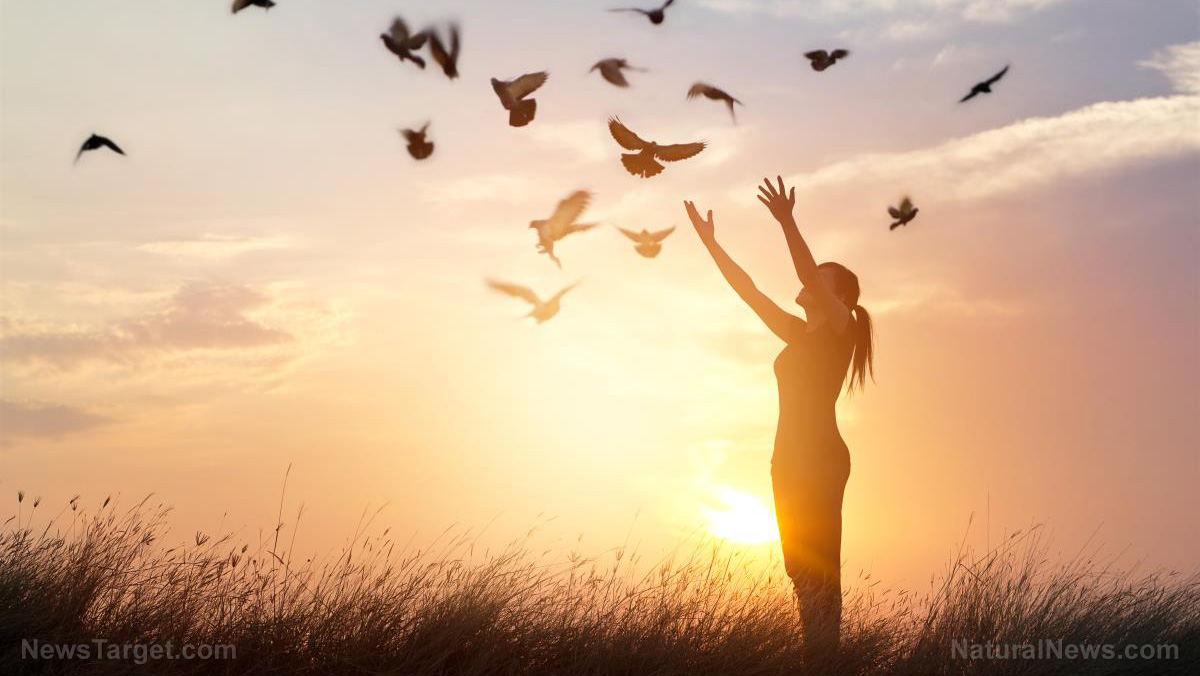Nature Knows and Psionic Success
God provides
Nature shows us how important circadian rhythm is to our overall well-being

( Natural News ) Nature demonstrates the importance of circadian rhythm to organisms’ overall well-being in the latest issue of the Philosophical Transactions of the Royal Society B. Researchers from the Netherlands focused on the significance of biological clock on nature and other organisms. The theme of the journal’s issue on “wild clocks” comes after an international symposium arranged by the University of Groningen (UG), together with the Royal Netherlands Institute for Sea Research (NIOZ), and the Netherlands Institute of Ecology (NIOO-KNAW). The joint symposium led to over 10 academic publications on the keeping of time by wild animals gathered in the said journal. “Ecology and chronobiology, the biology of the clock, must be reunited,” said researchers Menno Gerkema and Roelof Hut of the UG. The biological clock is the internal mechanism that exists in many animals and plants. It is responsible for regular periodic changes in behavior or physiology. Jet lag, mating, migration of birds all rely on the keeping of time in our bodies and those of other organisms. (Related: Mammals have a 12-hour biological clock distinct from the 24-hour circadian rhythm, researchers find .) “Sixty years ago, these disciplines were working together, but then chronobiologists started focusing on the mechanics of the clock and ecologists on timing in nature. They need each other, though, to reveal the true impact of time on organisms,” said Gerkema and Hut. Aside from the day-to-day clock, there are also the rhythms of the seasons and tide, which are lesser known and harder to study from an office. Therefore, scientists used the latest tools to conduct studies. These tools can adjust the clock’s mechanism in secret, make use of substances that reveal to them the position of the clock in the brain and the body, and monitor animals in the wild […]
Click here to view full article
